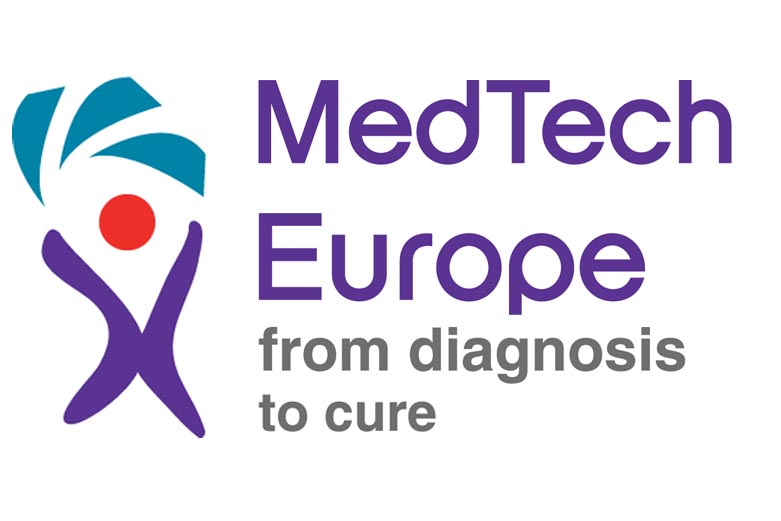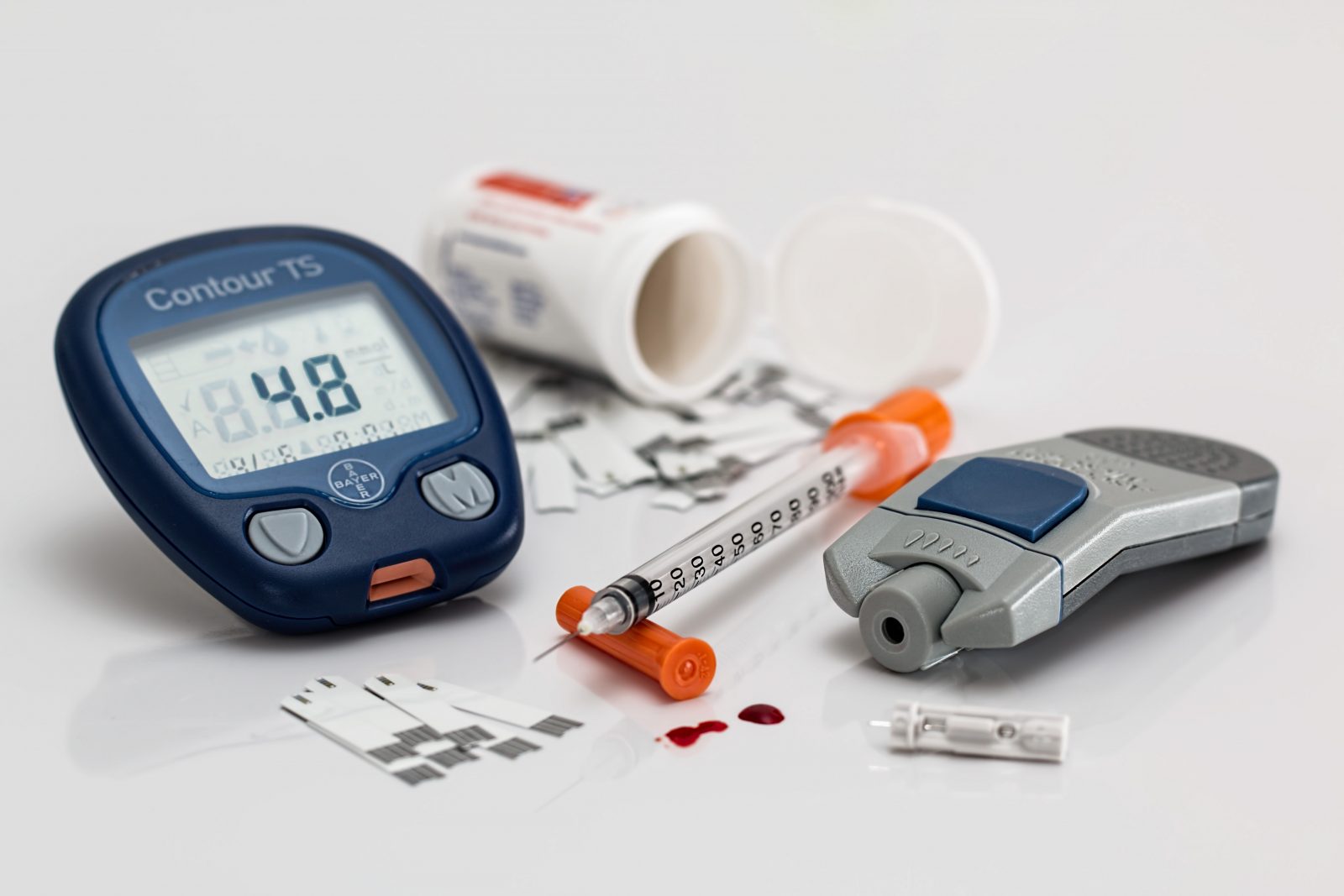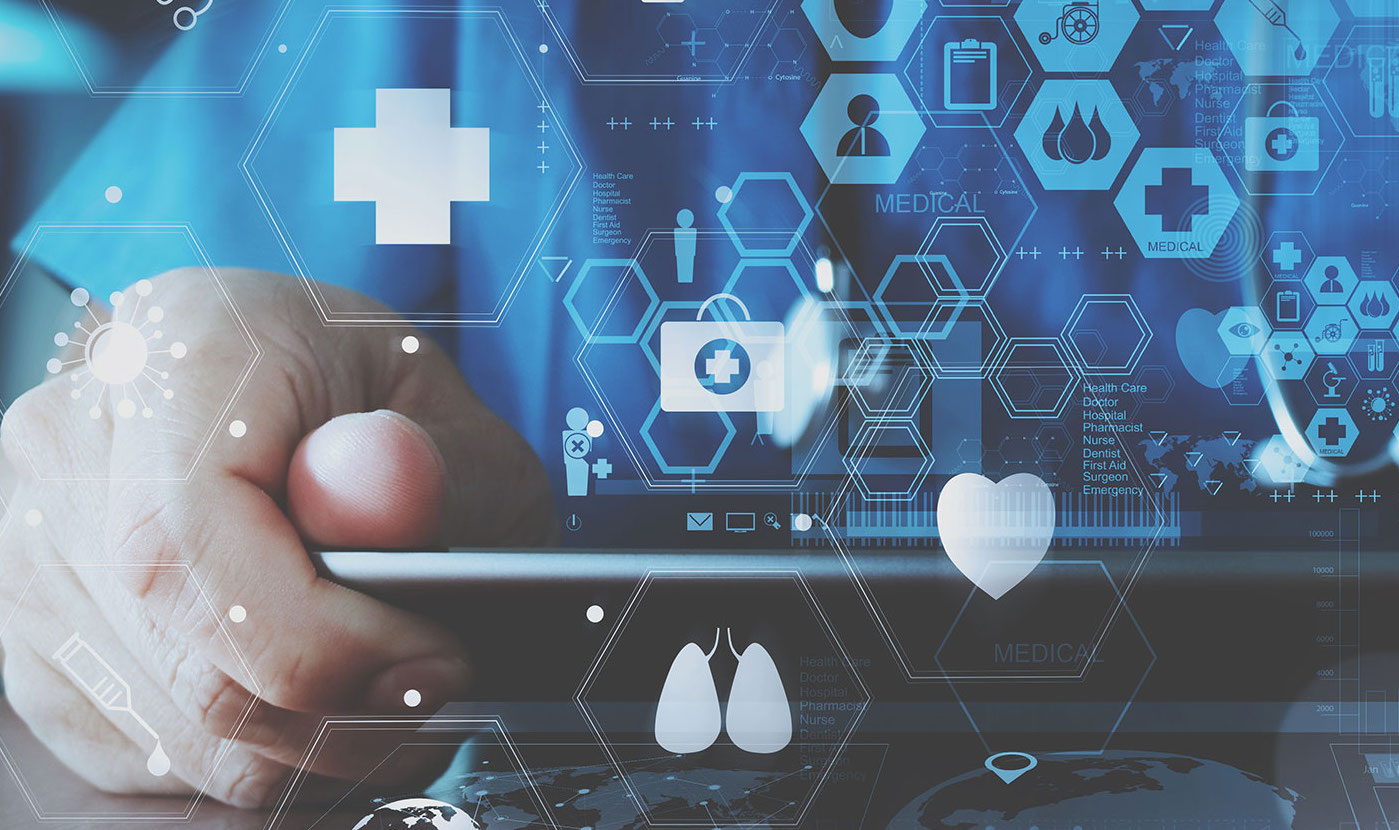MedTech Europe, a European association of medical device manufacturers and other industry representatives, has published a call to action related to the virtual inspections of the manufacturing facilities.

Virtual Audits: Regulatory Background
First of all, it is important to mention that the actual implementation of the new medical device regulatory framework to be established under the Medical Devices Regulation 2017/745 (MDR) has been postponed for a one year in order to provide medical device manufacturers and other parties involved with the additional time necessary to achieve compliance with the applicable regulatory requirements. This additional time is also needed for the regulatory system itself – for example, there were reasonable concerns whether the number of the Notified Bodies already designated to carry out the conformity assessment under the MDR would be sufficient to process the increasing amount of applications submitted by the medical device manufacturers.
According to the MDR and IVDR (In Vitro Diagnostic Devices Regulation 2017/746), the manufacturer shall obtain CE marking for its medical device in order to be allowed to market it within the EU. At the same time, the quarantine and travel restriction imposed due to COVID-related factors are making on-site inspections required under the Regulation much more complicated or in some cases even impossible. To address these issues, the Medical Device Coordination Group (MDCG), an advisory body of the European Commission, has issued guidance allowing to conduct audits required under the Medical Device Directives in the virtual format. In particular, such type of procedures is allowed for surveillance and re-certification audits, and also for the audits to be performed in case of significant changes. However, there are no special regulations regarding virtual audits for the products that are not COVID-related. For example, in case if the manufacturer has already obtained an initial certification under the MDR, it would be still unable to extend its scope for additional products due to the aforementioned restrictions.

Certification Process During the Pandemic
MedTech states that the situation as described above creates significant risks related to the availability of vitally important medical devices during the pandemic. Thus, the association deems necessary to implement certain extraordinary and temporary measures to extend and ensure the availability of medical devices and to avoid potential shortages in supply. Under the existing regulatory framework, virtual audits are allowed only in the course of assessment under the Directives, while there is no equivalent rule for the audits to be carried out under the Regulations. This leads to the situation when innovative products cannot access the market due to the regulatory issues. For example, nowadays more and more medical devices contain remote monitoring features making them especially useful and important in the context of COVID-19, allowing healthcare professionals to provide care and treatment without exposing to additional risks associated with the face-to-face contacts.
According to the position of MedTech, if virtual audits would not be implemented, the manufacturers who have already achieved compliance with the MDR and IVDR would have to switch back to the Directives, which will result in additional regulatory burden and expenses.
MedTech`s View on Current Situation and COVID-related Challenges
In its document, MedTech provides an overview of the existing situation in order to describe the difficulties the medical device industry has faced. In particular, MedTech describes the impact caused by COVID-related factors, namely:
- Internal restrictions introduced on manufacturing facilities preventing the Notified Body auditors from visiting the manufacturing sites – in ordered to protect the personnel, many companies have introduced special restrictions prohibiting third parties from accessing their facilities during the pandemic.
- State-level travel restrictions making cross-border inspections almost impossible.
In this situation, the medical device manufacturers intended to apply for certification under the regulations had to suspend the process and get back to the Directives to be able to use virtual audits. As an alternative, the manufacturers may apply for derogations and waivers specially introduced to reduce the regulatory burden and assist the manufacturers in accessing the market. However, such derogations and waivers have a temporary nature and a quite tight scope of application.
In case if the manufacturer will choose an option to apply for certification under the Directives to be able to benefit from special frameworks, it would be necessary to consider the following:
- The structure and content of documentation required under the Directives are slightly different from ones required under the MDR – this will result in additional workload and expenses.
- When getting back to certification under the MDR, the manufacturers will create a significant amount of applications, and the number of Notified Bodies could be insufficient to process them all promptly.
- Despite special simplifications allowing to apply virtual audits for the medical devices that are vitally important during the pandemic, the on-site inspections are still required – they are just postponed till the end of the pandemic and lifting COVID-related restrictions and limitations. This creates a significant backlog of postponed inspections that would increase the workload of the Notified Bodies in the future.

Solutions Proposed by MedTech
As it was described in the document published by MedTech, the medical devices industry is facing significant challenges nowadays. Thus, in order to avoid shortages and ensure uninterrupted availability of vital important medical devices during the pandemic, MedTech suggests taking certain steps allowing to address the impact of COVID-related factors.
In particular, MedTech recommends the following:
- Initial MDR/IVDR QMS certification audits should be allowed to be carried out in the form of virtual audits in cases when actual on-site inspections are not possible due to the pandemic. As an alternative, an on-site audit could be also required but postponed until the end of the pandemic and special restrictions associated thereto.
- Surveillance audits should be also allowed to be carried out in the virtual form (using special technological solutions). According to the position of MedTech, in case if the auditors have already visited the manufacturing site in the course of the initial audit, an additional on-site inspection is not necessary – the information and communication technology solutions could be used instead.
MedTech emphasizes that the introduction of virtual audits under the Regulations would allow the medical device manufacturers to switch faster to the new regulatory framework and mitigate the impact caused by the COVID-related factors and restrictions associated thereto. Virtual audits would also create benefits for medical device manufacturers developing novel technologies.
Summarizing the information provided here above, MedTech describes the importance of virtual audits which could substitute on-site inspections during the pandemic, and the way virtual audits may improve the regulatory procedures in general and the process of certification under the MDR/IVDR in particular.
The new approach is especially important in the context of COVID-19. In particular, MedTech states that the Notified Bodies should use the novel information and communication technologies to perform virtual audits instead of the actual on-site inspections. However, the scope of such inspections should cover only the medical devices intended to be used in the context of the COVID-19 outbreak, and only during the pandemic. According to the position of MedTech, virtual audits could be a sufficient replacement for the on-site audits in the situations when the latter is impossible due to the certain pandemic-related factors, such as quarantine and travel restriction.

How Can RegDesk Help?
RegDesk is a next-generation web-based software for medical device and IVD companies. Our cutting-edge platform uses machine learning to provide regulatory intelligence, application preparation, submission, and approvals management globally. Our clients also have access to our network of over 4000 compliance experts worldwide to obtain verification on critical questions. Applications that normally take 6 months to prepare can now be prepared within 6 days using RegDesk Dash(TM). Global expansion has never been this simple.
Sources:

